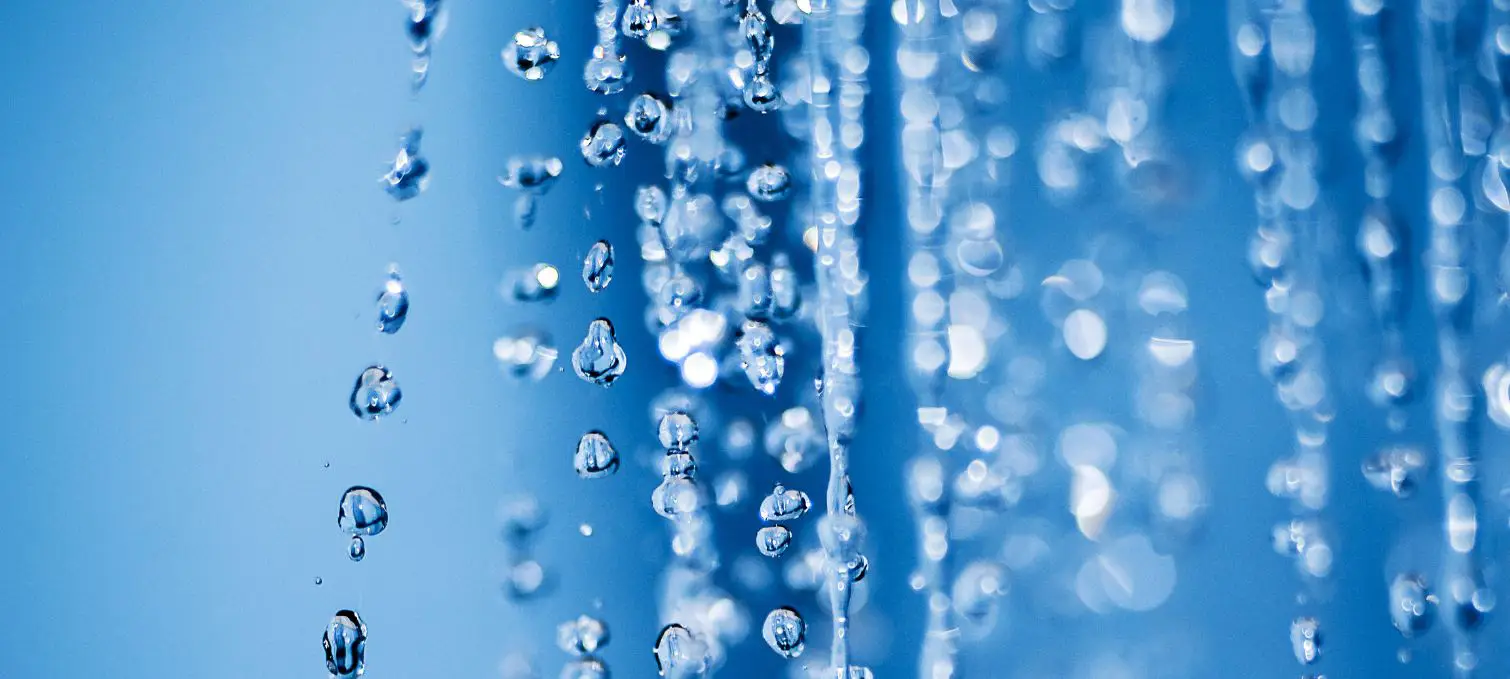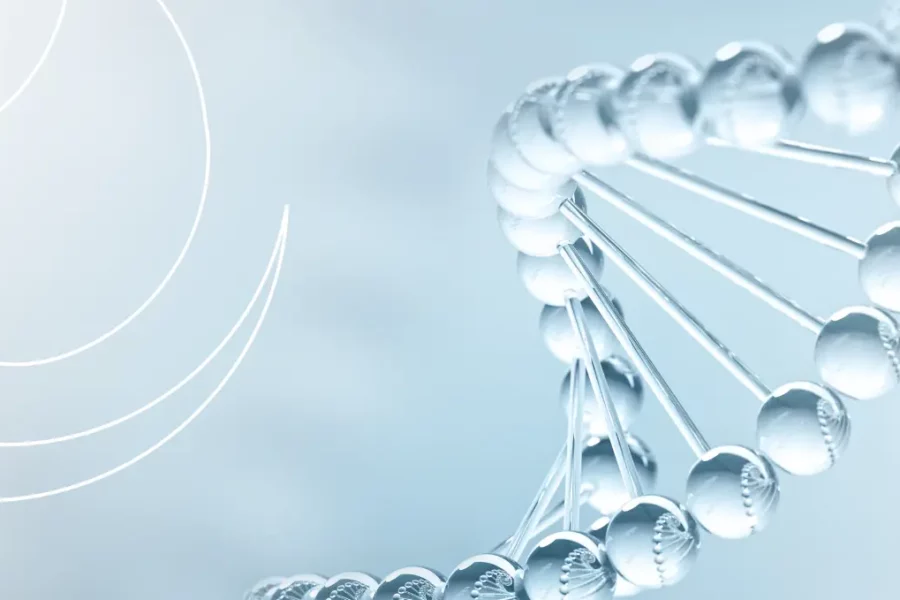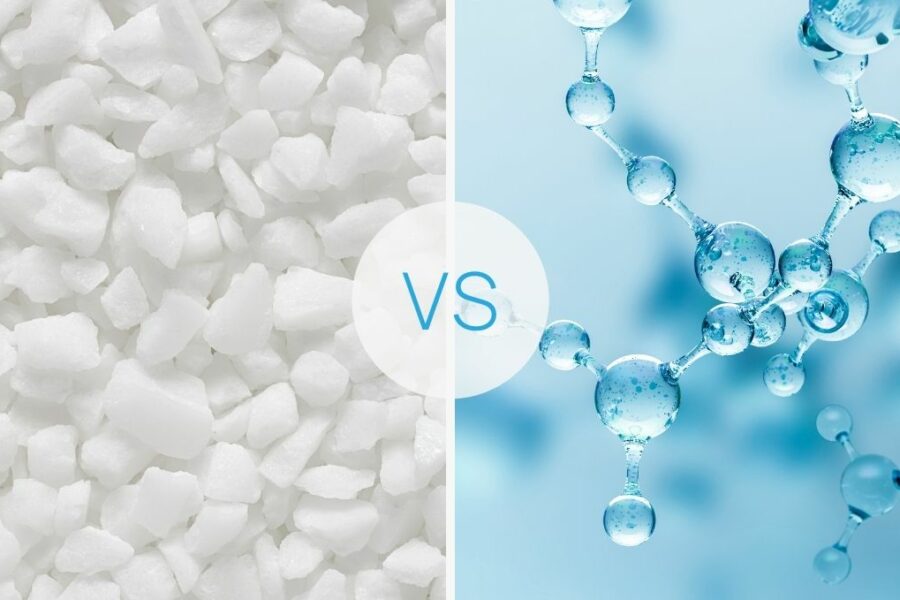If you live in the UK, you may have heard of water softeners and wondered how they work. These devices are designed to remove minerals like calcium and magnesium from your water supply, which can cause limescale buildup. In this guide, we’ll explore the science behind water softeners and help you decide if they’re the right choice for your home.
What is hard water and why is it a problem?
Hard water is water that contains high levels of minerals like calcium and magnesium. While these minerals are not harmful to human health, they can cause a number of problems in your home. For example, hard water can lead to limescale buildup in your pipes and appliances, which can reduce their lifespan and efficiency. Hard water can also make it difficult to lather soap and shampoo, leading to dry skin and hair. Water softeners are designed to remove these minerals from your water supply, improving the quality of your water and reducing these problems.
How do water softeners work?
Water softeners work by using a process called ion exchange. The device contains resin beads that are coated with sodium ions. When hard water flows through the resin beads, the calcium and magnesium ions in the water are attracted to the resin beads and exchange places with the sodium ions. This process removes the minerals from the water, leaving it soft and free of limescale buildup. The resin beads are then regenerated with a salt solution, which replaces the calcium and magnesium ions with sodium ions once again. This process allows the water softener to continue removing minerals from your water supply.
Types of water softeners available in the UK
There are several types of water softeners available in the UK, including salt-based, salt-free, and magnetic water softeners. Salt-based water softeners are the most common and use the ion exchange process described above. Salt-free water softeners – called water conditioners – use a different process to alter the structure of the minerals in your water, making them less likely to stick to surfaces. Each type of water softener has its own advantages and disadvantages, so it’s important to do your research and choose the one that best fits your needs.
Benefits of using a water softener
There are several benefits to using a water softener in your home. Firstly, it can help to prevent mineral buildup in your pipes and appliances, which can lead to costly repairs and replacements. It can also improve the efficiency of your water heater, as mineral buildup can cause it to work harder and use more energy. Additionally, soft water can be gentler on your skin and hair, as it doesn’t contain the harsh minerals that can cause dryness and irritation. Finally, using a water softener can help to extend the lifespan of your clothing and linens, as they won’t be subjected to the harsh minerals that can cause fading and wear.
Considerations before purchasing a water softener
Before purchasing a water softener, there are a few things to consider. Firstly, you should determine the hardness of your water, as this will help you choose the right size and type of water softener for your home. You should also consider the cost of installation and maintenance, as well as the ongoing cost of purchasing salt or other softening agents. Additionally, you may want to research the environmental impact of using a water softener, as some models can be more eco-friendly than others. Finally, it’s important to weigh the potential benefits of using a water softener against the initial cost and ongoing maintenance, to determine whether it’s the right choice for your home.
Alternatives to a water softener
Traditional salt-based softeners offer a solution to the problem of hard water by physically removing a percentage of calcium and magnesium through an ion exchange process. They help treat water and prevent scale, but this usually involves the use of chemicals and requires proper operation and maintenance.
Water conditioners present a different approach to dealing with hard water. Unlike softeners, water conditioners effectively treat hard water and prevent limescale, with no salt. The process involves a change in the state of the chemical composition of limescale (calcium carbonate), much like the change from water to ice or steam. The calcium remains in the water, but in a different form or state that inhibits its ability to adhere to pipes or surfaces.
Water conditioning is a scientifically proven alternative to traditional water softening methods, which offers effective treatment of hard water while also addressing environmental concerns. To further understand how water conditioning can benefit your home or business, feel free to reach out to us.





